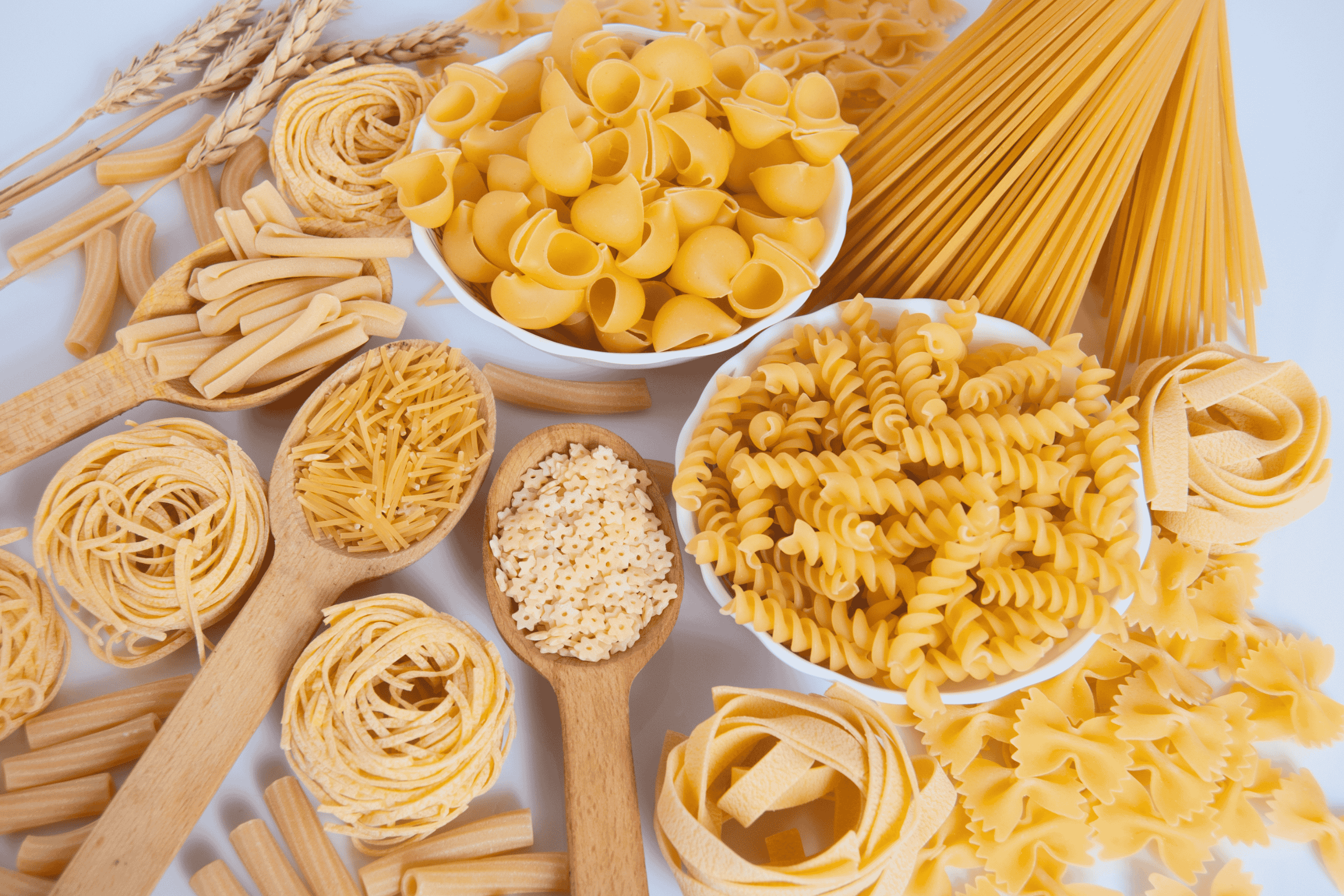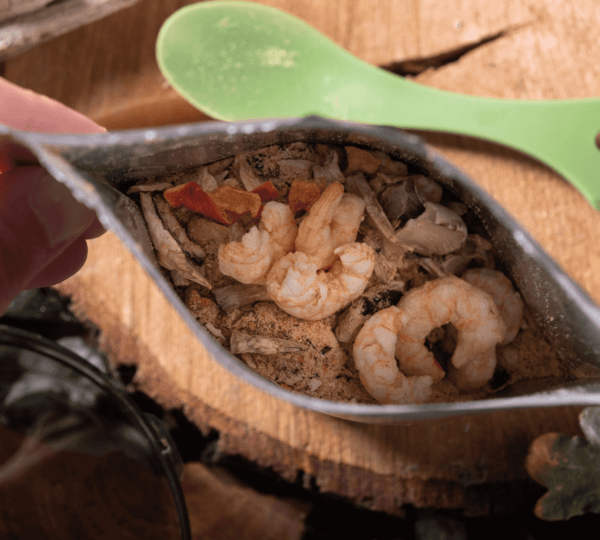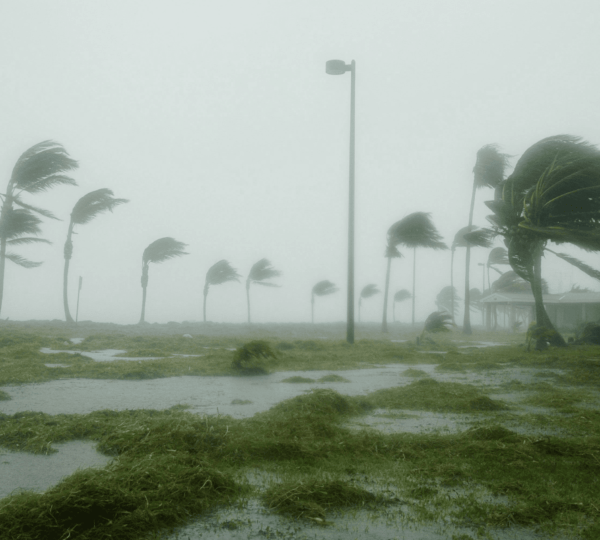
Best Foods to Stock Up on Before a Hurricane
Hurricanes, particularly those like the recent storms hitting Florida, are a stark reminder of the power and unpredictability of nature. These natural disasters often cause widespread damage, leaving communities cut off from essential services, such as electricity and fresh food supplies, for days or even weeks. As we’ve seen with Hurricane Idalia, which struck Florida in late 2023, being prepared for these events is critical. One of the most effective ways to protect your household during a hurricane is to ensure you have a well-stocked pantry filled with nutritious, long-lasting foods.
Research shows that having at least a three-day supply of non-perishable foods and water per person is vital in times of crisis. The Federal Emergency Management Agency (FEMA) and the American Red Cross recommend this practice, as power outages and flooded roads can make access to food extremely limited. Not only do you need to think about shelf-stable foods, but you also need to consider nutritional value. According to experts, it’s essential to stock up on foods rich in protein, fiber, and healthy fats to maintain energy levels and support immune function when fresh options are unavailable.
As hurricane season becomes more intense due to climate change, as noted by recent studies, preparation is no longer optional. Communities in hurricane-prone areas, like the Gulf Coast and Southeastern U.S., should consider building a robust emergency food supply. In this guide, we’ll explore the best non-perishable foods to stock up on, ensuring that you and your family can weather the storm with minimal disruption to your well-being.
Non-Perishable Staples
- Canned Goods: Canned goods offer a diverse range of options, from protein sources like tuna, chicken, and beans to vegetables, fruits, and soups. Look for low-sodium varieties to manage blood pressure.
- Dried Foods: Dried fruits, vegetables, and nuts are nutrient-dense and have a long shelf life. Consider adding lentils, beans, and rice to your collection for complete protein sources.
- Cereal and Granola: These provide essential carbohydrates and energy. Opt for whole-grain varieties for fiber and sustained energy levels.
- Pasta and Rice: These versatile grains can be prepared in various ways and paired with canned sauces or protein sources.
Protein Sources
- Canned Proteins: Tuna, chicken, and beans are excellent sources of protein and can be incorporated into salads, sandwiches, or pasta dishes.
- Peanut Butter and Nut Butters: These provide protein, healthy fats, and energy. Consider using them in sandwiches, smoothies, or as a snack.
- Protein Bars: Look for protein bars with a balance of carbohydrates, protein, and healthy fats to provide sustained energy.
Fruits and Vegetables
- Canned Fruits and Vegetables: These offer essential vitamins, minerals, and fiber. Choose varieties with no added sugar or syrup.
- Dried Fruits: Dried fruits like apricots, raisins, and dates are a convenient and nutritious snack option.
Dairy Products
- Canned Milk: Evaporated or condensed milk can be used as a substitute for fresh milk in many recipes.
- Cheese: Cheese provides protein and calcium. Opt for shelf-stable varieties like cheddar or Swiss.
Beverages
- Water: Ensure you have a sufficient supply of clean drinking water for at least three days per person.
- Juice: Canned or bottled juice provides essential vitamins and minerals.
- Sports Drinks: If you’re physically active, sports drinks can help replenish electrolytes.
Emergency Snacks
- Energy Bars: These provide a quick and convenient source of energy.
- Trail Mix: A combination of nuts, seeds, and dried fruits offers a balanced snack.
- Granola Bars: Granola bars provide carbohydrates and protein.
Cooking Supplies
- Can Opener: A manual can opener is essential for accessing canned goods.
- Cooking Utensils: Basic cooking utensils like pots, pans, and a cutting board are necessary for preparing meals.
- Heat Source: Consider a camping stove or portable grill for cooking if your primary heat source is unavailable.
Dietary Considerations
- Allergies and Intolerances: Ensure your emergency supplies accommodate any dietary restrictions or allergies.
- Medical Conditions: If you have specific dietary needs due to medical conditions, consult with a healthcare professional to plan accordingly.
- Children and Infants: Include age-appropriate foods for children and infants.
Expert Opinions
The American Red Cross recommends stocking a three-day supply of non-perishable food and water for each person in your household.
Reference:
- American Red Cross: https://www.redcross.org/
Remember: While this guide provides a comprehensive list of essential foods, it’s crucial to tailor your emergency supplies to your specific needs and preferences. Consider your family’s dietary habits, any health conditions, and the duration of potential power outages when making your selections.
References:
Hurricane Idalia’s impact on Florida (August 2023):
- National Weather Service. (2023). Hurricane Idalia Advisory Archive. National Hurricane Center. Retrieved from https://www.nhc.noaa.gov
Three-day supply of non-perishable food and water recommendation:
- Federal Emergency Management Agency (FEMA). (2023). Food and Water in an Emergency. FEMA. Retrieved from https://www.ready.gov/food
- American Red Cross. (2023). Emergency Preparedness: Food and Water Safety. American Red Cross. Retrieved from https://www.redcross.org
Nutritional recommendations for emergencies:
- Centers for Disease Control and Prevention (CDC). (2022). Healthy Eating During an Emergency. CDC. Retrieved from https://www.cdc.gov
Hurricanes becoming more intense due to climate change:
- Trenberth, K. E., et al. (2022). Hurricane Intensification in a Warming Climate. Nature Communications, 13(1). Retrieved from https://www.nature.com/articles
Preparation guidelines for hurricane-prone regions:
- National Oceanic and Atmospheric Administration (NOAA). (2023). Hurricane Preparedness Week. NOAA. Retrieved from https://www.noaa.gov













